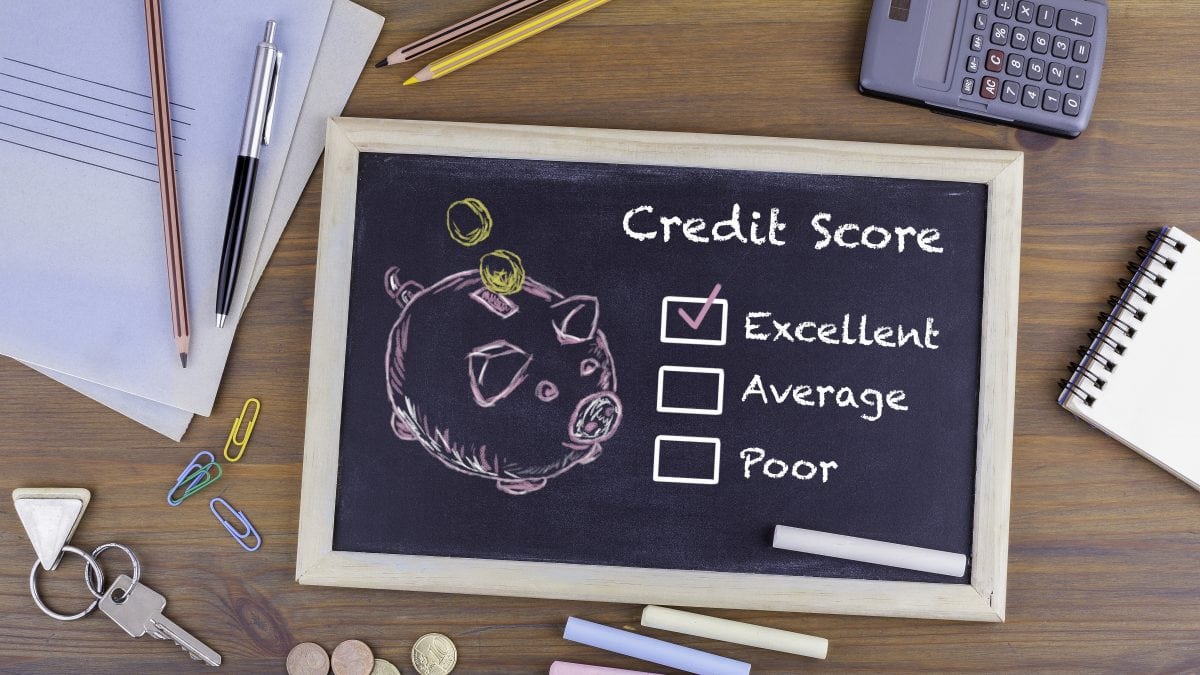
Clear Up Your Tipping Confusion
September 19, 2018
We’re Celebrating You!
October 1, 2018
Fact vs. Fiction: What Really Impacts Your Credit Score?
When it comes to credit scores, it can seem like everyone’s an expert. Ask a random group of people what factors affect your score the most, and you’ll likely get a different response from each person. And the most frustrating part is they’ll probably all be right—and wrong.
Credit scores are calculated based on a variety of factors, so they tend to feel like a secret code. Fortunately, this code is easy to crack. All you have to do is separate fact from fiction. Once you understand the specifics of how your score is determined, it will be easier to sort through all the misinformation.
Focus on the Facts
There are three primary credit reporting bureaus—Equifax, Experian, and Transunion, but the most trusted credit ratings come from the Fair Isaac Corporation (FICO). While some lenders and creditors look at a combination of scores from the various reports, the FICO score is widely considered the most reliable. According to FICO experts, your credit score is calculated based on five main categories:
- Payment history (35%) – Creditors want to be sure of two things: You pay your bills, and you pay them on time.
- Amount owed (30%) – To maintain an ideal credit score, aim to keep your overall debt under 30% of your total available credit.
- Length of credit history (15%) – Lenders want to see consistency in credit management. This category looks at how long you’ve had established accounts. The longer, the better.
- Credit mix (10%) – Credit scores factor in a wide range of accounts, from credit cards and retail accounts to mortgages and installment loans.
- New credit (10%) – Opening new credit accounts isn’t always a bad thing but applying for several all at once can have a negative impact on your score.
Six Common Credit Score Myths
- Checking your credit hurts you. – When you apply for a new loan or credit card, the lender runs a credit inquiry. Too many of these inquiries in a short period can cause your score to dip. However, checking your own credit doesn’t damage your rating. In fact, many credit card companies allow account holders to view their FICO scores for free because regular monitoring is an effective way to spot fraudulent activity or identity theft.
- Your income level matters. – While your income certainly influences your ability to pay your debts, it doesn’t factor into your score. Credit reports may list your current and former employers, but that information holds no bearing on your score.
- Your education or occupation is important. – It doesn’t matter whether you went to an elite university, community college, or dropped out of high school. Your credit score measures your ability to manage debt, not your educational pedigree. Same goes for your job. Gainfully employed, under-employed, or unemployed, you can still build a good credit score.
- Closing a credit card will help your score. – Even if you pay off a credit card, closing the account can hurt you more than it helps. If you’re worried that you might misuse the credit card, destroy the card—but keep the account open. The available credit and length of credit history will reflect positively and help you in the long run.
- Quick fixes can help bad credit. – Yes, it is possible to improve your credit score—but you don’t have to pay someone else to do it for you. Because most credit repair relies on sensible, strategic steps applied over time, you can handle it on your own. Rather than paying a credit repair service, use the money you save to bring past due balances up to date or pay down your overall debt.
- Avoiding all debt will help you keep a good credit score. – Your credit score is a metric that measures your ability to manage credit—not avoid it. If you don’t have any credit accounts, there’s nothing to measure. That being said, just because you qualify for credit doesn’t mean you have to max it out. You’ll help yourself more by using your credit strategically and paying off your balance each month.
While this list covers some of the most common credit score myths, there are countless others. By focusing on the facts and ignoring anything that doesn’t line up with them, you’ll find it easier to manage your credit with confidence.


